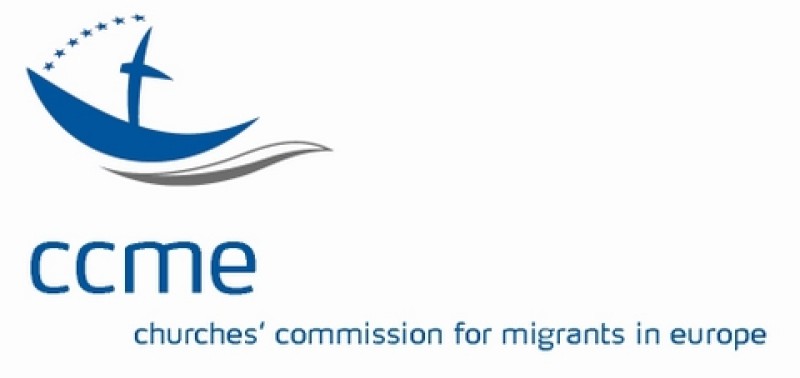Press Release No: 16/37
27 October 2016
Brussels/Athens
At its meeting in Athens, Greece from 24 to 26 October 2016 the Executive Committee of the Churches’ Commission for Migrants in Europe (CCME) learned about the current situation with regard to refugees in Greece and heard reports from other European countries.
Many governments and authorities in European countries have recognised the protection need of refugees, especially from Syria, Iraq, and Afghanistan, but increasingly grant subsidiary status rather than full refugee protection status. A year ago, more than 90% of Syrian and Iraqi refugees received refugee protection status, while in 2016 more than half are only granted subsidiary status.
The Executive Committee recognised improvements in some reception centres, however the procedures for both family reunification under the Dublin regulation and relocation remain far too long for refugees.
The Executive Committee also urges EU Member States and institutions to act speedily so that refugees do not have to wait for months to be united with their family members, or to be relocated to other Member States if they have applied for it.
“In view of the fact that the situation in these countries has not improved, the Churches’ Commission for Migrants in Europe is seriously concerned about these developments,” explained Doris Peschke, CCME General Secretary. “Restricting family reunification for persons in need of protection, whether they were directly persecuted or indirectly at risk because of violent conflict and war in their countries, which is the basis for subsidiary protection, leaves people in uncertainty and constant worry about their relatives. To curb the rights for persons with subsidiary protection status is wrong: persons in need of protection need their families for their certainty and wellbeing. Family unity also improves integration in European societies.”
From exchange with the representative of the United Nations High Commissioner for Refugees in Greece and the spokesperson of the Greek Asylum Service, the Executive Committee learned, too, that this development excludes many refugees from possible relocation to other European countries. Refugees from Afghanistan and Iraq, who would have been eligible for relocation a few months ago, are therefore no longer eligible for relocation because the recognition across EU Member States changed.
The Executive Committee was received by H.B. Archbishop Hieronymos II of Athens and All Greece for an exchange on the current situation. Meetings were held with the president and the director of the Integration Centre for Working Migrants – Ecumenical Refugee Program (KSPM-ERP), with the representative of UNHCR in Greece, the spokesperson of the Greek Asylum Service, representatives of the Greek Evangelical Church, and the Anglican parish in Athens. Those gathered in Athens also visited a refugee camp in Eleonas, Athens.
The group held their meetings at the Apostolic Diaconia of the Church of Greece where they were welcomed by the general direction, Bishop Phanarion Agathangelos.
For more information:
For more information or an interview, please contact:
Erin Green
Communication Coordinator
Conference of European Churches
Rue Joseph II, 174 B-1000 Brussels
Tel. +32 2 234 68 42
Fax +32 2 231 14 13
E-mail: eeg@cec-kek.be
Website: www.ceceurope.org
Facebook: www.facebook.com/ceceurope
Twitter: @ceceurope
The Conference of European Churches (CEC) is a fellowship of 115 Orthodox, Protestant, Anglican and Old Catholic Churches from all across Europe, plus more than 40 National Council of Churches and Organisations in Partnership. CEC was founded in 1959. It has offices in Brussels and Strasbourg.
The Churches’ Commission for Migrants in Europe (CCME) is the ecumenical agency on migration and integration, asylum and refugees, and against racism and discrimination in Europe. Members are Anglican, Orthodox and Protestant Churches and Councils of Churches as well as church-related agencies in presently 18 European countries. CCME cooperates with the Conference of European Churches and the World Council of Churches.
